Payments on account for self-assessment
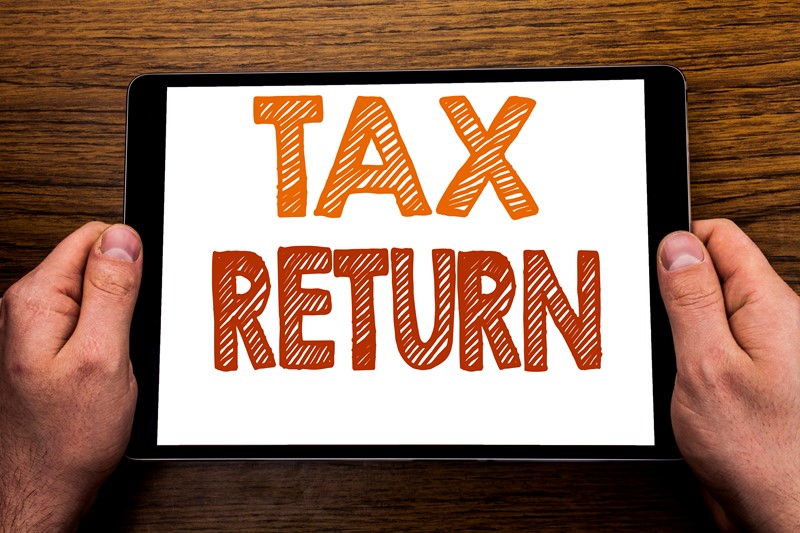
Self-assessment taxpayers typically need to pay their Income Tax liabilities in three instalments each year. The first two payments on account are due by 31 January during the tax year and by the 31
Two October self-assessment deadlines
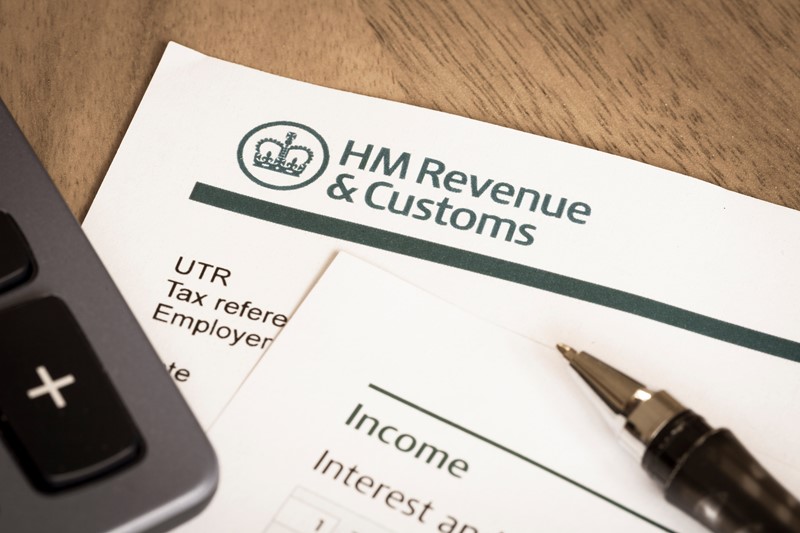
The deadline for submitting paper self-assessment tax returns for the 2023-24 tax year is 31 October 2024. Late submission of a self-assessment return will generate a £100 late filing penalty. The
MTD for Income Tax draws closer
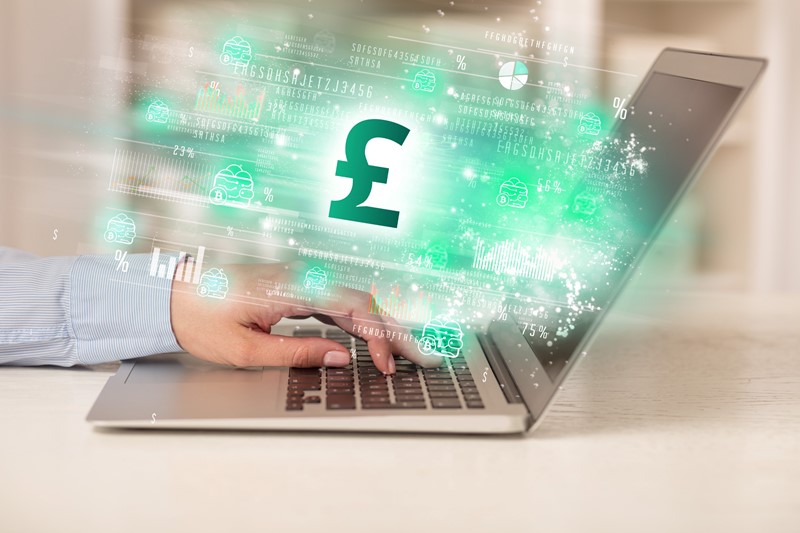
The mandatory rollout of Making Tax Digital for Income Tax (MTD for ITSA) is scheduled to begin in April 2026. The process will significantly adjust how businesses, self-employed individuals, and
Claims to reduce payments on account

Self-assessment taxpayers are usually required to pay their Income Tax liabilities in three instalments each year. The first two payments are due on 31 January during the tax year and 31 July
Myths about self-assessment
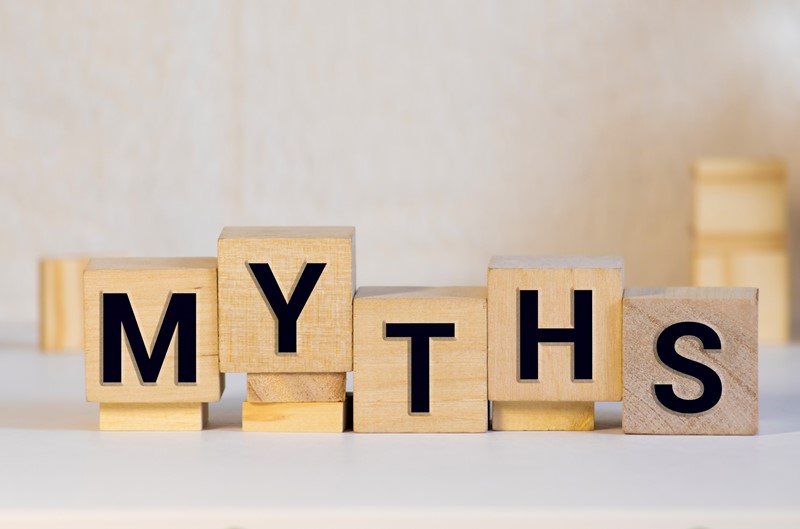
In a recent press release, HMRC addressed some common misconceptions about who needs to file a self-assessment return before the 31 January 2025 deadline and clarifies some of the most widespread
Self-assessment deadlines 2023-24

The deadline for submitting paper self-assessment tax returns for the 2023-24 tax year is 31 October 2024. If the return is submitted late, a £100 penalty will be imposed, regardless of whether there
Advising HMRC about additional income

There is an online tool available on GOV.UK that allows taxpayers to check if they need to advise HMRC about additional income they receive. The online tool can be found at
Update on High Income Child Benefit Charge

Changes to the High Income Child Benefit Charge (HICBC) came into effect on 6 April 2024. The income threshold at which HICBC starts to be charged increased to £60,000 (from £50,000).
The charge is
Do you have a personal tax account?
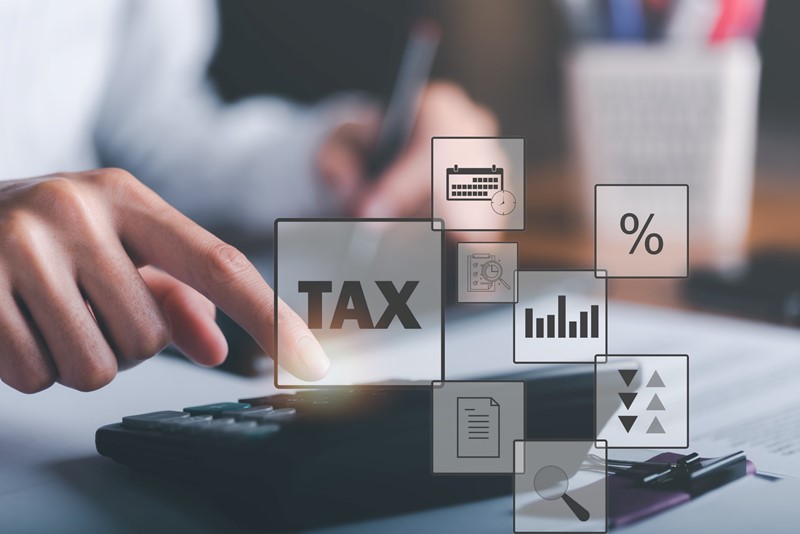
HMRC’s Personal Tax Accounts (PTAs) serve as an online tool that enables taxpayers to view and update their information in real time. The PTA can be used for many routine requests and services and
Paying tax via your tax code
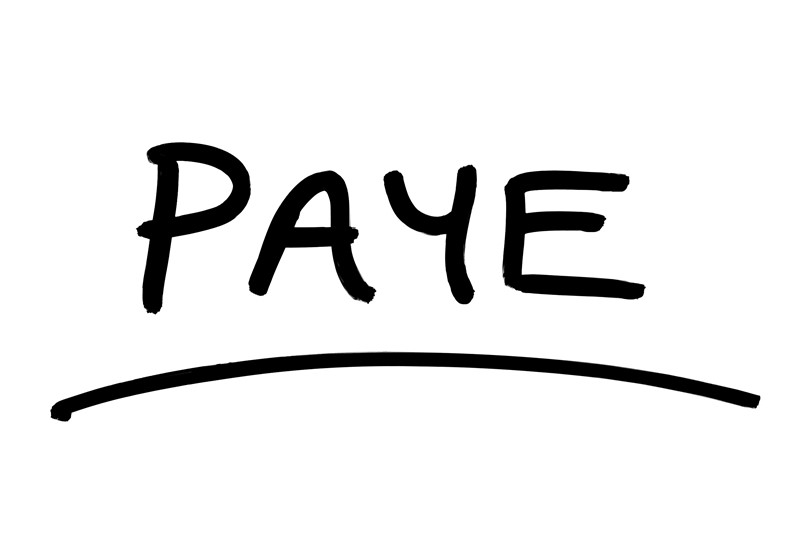
You may be able to have tax underpayments collected via your tax code when you are in employment or in receipt of a company pension. Instead of paying off debts in a lump sum, money is collected in


